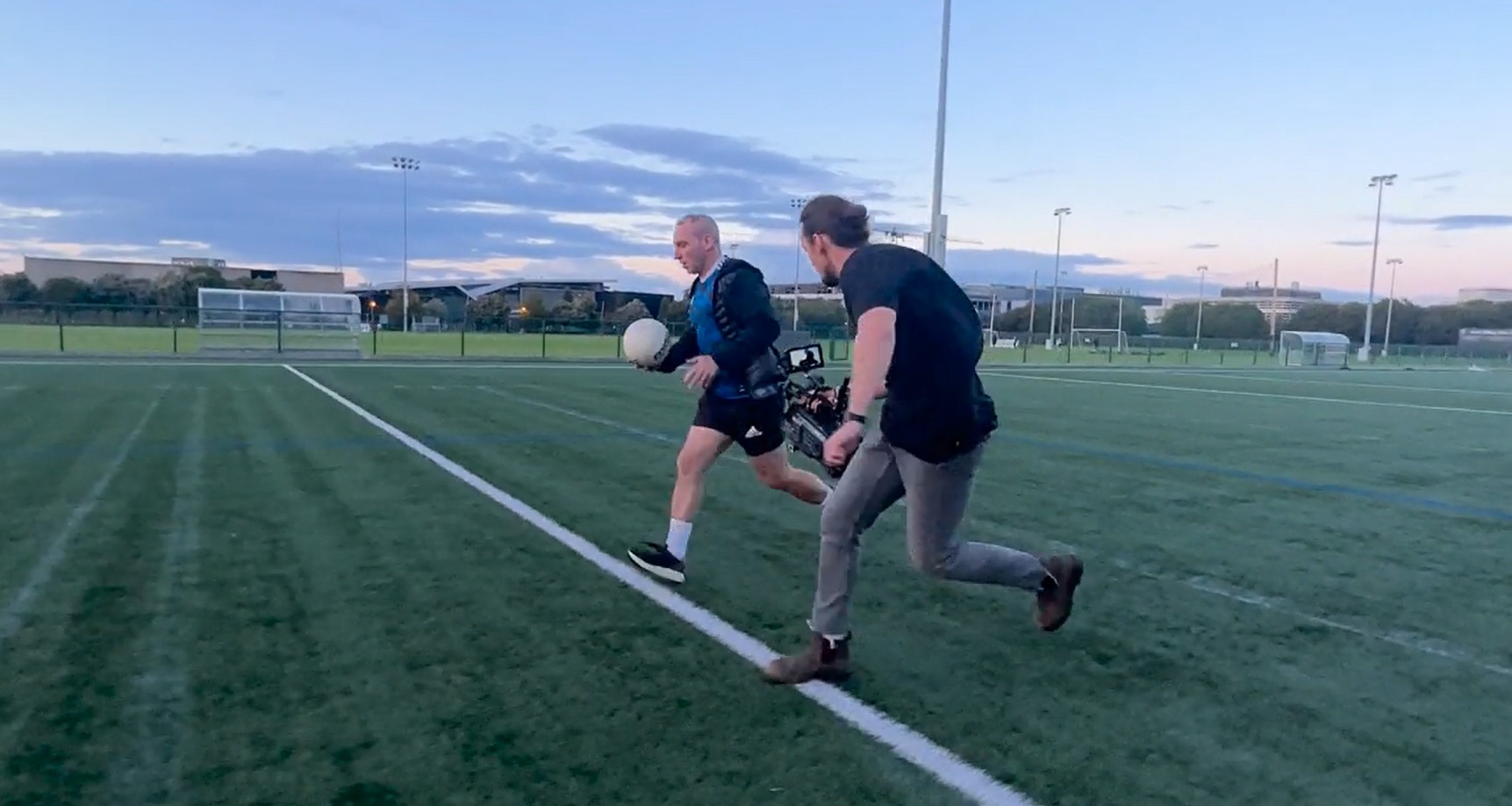When considering optimising our performance, an often-ignored aspect is maintaining and boosting the performance of our control centre: the Brain. Let’s take a look at 6 key strategies that you can work on every day to not only build a high performing brain in the short term but keep your brain high performing as you get older.
When it comes to high performance, one aspect that many tend to ignore is our brain’s performance. Like a NASA flight control room that you might see in a movie, our brain controls every aspect of our functioning and is responsible for everything you have ever seen, heard, tasted or smelled. If we ignore our brain’s health: ‘Houston, we have a problem!’
Our brain is the protagonist when it comes to so many parts of being a high performing individual: governing our decision-making, memory, problem-solving abilities, executive functioning and attention, impulse control, empathy and social abilities; the list is near endless. It may surprise some to hear that the performance of your brain can be boosted, but much like our physical bodies, regular training and work can result in gains in our cognitive functioning. Let’s take a look at 6 key elements you can do daily to not only boost your brain’s functioning in the short term, but also keep your brain high-performing as you get older.
Physical Exercise
Use it or Lose it – Get Regular Mental Stimulation
Be a life-long learner
A seemingly obvious strategy for boosting the performance of your brain is learning new things, but it can be extremely powerful. Not only does learning build new connections and develop pathways to boost the performance of your brain but it has been linked to major benefits in slowing the cognitive decline associated with ageing. A very interesting aspect to encourage consistent learning in that it can even protect your brain against neurodegenerative diseases like Alzheimer’s. Dubbed the ‘Cognitive Reserve’, it has been found that developing an increased reserve of thinking abilities throughout a lifetime can provide a buffer to slow the onset of degeneration and symptoms. Lifelong learning, consistent mentally stimulating activities like reading, sudoku and crosswords (to name a few), higher educational levels and engaging occupation have all been linked to increasing this cognitive reserve.
Try learning a new language, skills, sports or even dance, take an evening course in a subject that interests you or simply read consistently and regularly.
Mindfulness meditation
Brain Fuel – Nutrition for Peak Brain Performance
Of course, eating a balanced and healthy diet is crucial for not only optimising the performance and health of our bodies, but of our minds too. One you are probably familiar with are Omega-3’s. Omega 3 fatty acids can be found predominantly in fish oils, which contain two important omega 3’s, EPA and DHA. These compounds are neuroprotective and have a role in maintaining the cell membranes of brain cells and facilitating communication between cells, with further links to improvement in memory and learning. On the other hand, lower levels of DHA is linked to smaller brain size and increased brain ageing in older adults.
The benefits also extend to mental health; a recent study reported that Omega 3 supplementation had similar effects as antidepressant medication on depression scores, and had even more therapeutic success when Omega 3 supplementation was combined with depression medication. You can get Omega-3’s from seafood, especially cold-water fatty fish such as salmon, mackerel and sardines. For those who don’t eat fish, the body can convert another omega 3, ALA, into EPA and DHA, with ALA being found in non-fish sources like walnuts, flaxseeds, chia seeds and soybeans. However, important to note is the body is very inefficient at this: only 10% of ALA you consume gets converted into EPA and DHA, so Omega 3 supplementation may be beneficial in this regard. Of course, be sure to check with your doctor before making any changes to your eating habits or supplementation.
Sleep
Another seemingly obvious strategy, but one many of us tend to suffer with on a regular basis: sleep. Getting not only good quantity but also quality of sleep is extremely important for our brain health and performance. During sleep, we may be inactive, but our brains are not. While we snore away all night long, our brains are busy conducting its own housekeeping, cleaning out neurotoxins and other harmful waste products and completing repairs and maintenance on its wide network of neurons. Sleep is when our brain engages in a lot of our information processing; downloading and analysing our experiences and learnings and consolidating our memories.
Sufficient quantity and quality of sleep sets our brains up for success during the day but on the flip side, being sleep deprived can have drastic consequences on our functioning. Getting even a couple of hours less sleep than we need can result in deficits in mental abilities like memory, problem-solving, decision-making and attention. Aim for a minimum of 7 to 9 hours of unbroken sleep per night, with chronic sleep restriction being defined as consistently getting less than 7 hours sleep per night on a regular basis.
If you struggle with your sleep, there are several things you can try. Be mindful of stimulants; if you drink tea or coffee, have a caffeine cut-off time before 1pm (the effects of caffeine can last in your system for up to 8 hours after your cup of coffee!). Be strict on technology; blue light emitted from screens tell our brains that it is wake-time and causes alertness, so switch off at least one hour before bedtime. Be aware of temperature; our body requires a drop in temperature to initiate sleep, so best to keep your sleeping area cool, or try warm showers before bed (which sounds counter-intuitive, but a warm shower or bath will draw blood vessels to the surface, radiating heat from your body and cooling your core temperature).
The above 6 strategies may sound quite simple, but they can be powerful tools in building and maintaining a peak-performing brain. As we grow older, much like our physical bodies, our brain undergoes a natural decline due to the ageing process; but implementing practices like these can build a resilient mind, protect against mental decline and neurodegenerative diseases and keep our brains performing optimally.
So when it comes to performance and health, don’t ignore your brain; keep these strategies front of mind!






